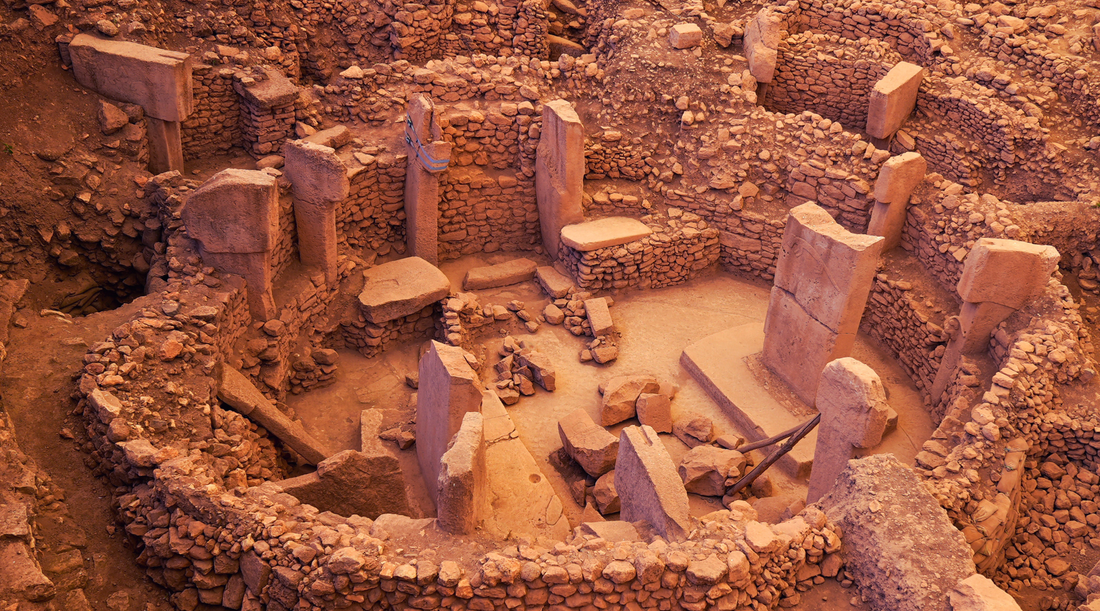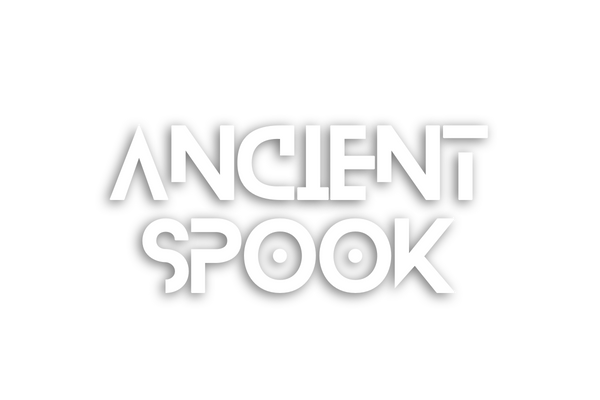
Why Excavations at Göbekli Tepe Were Halted
Göbekli Tepe, a site in southeastern Turkey, is one of the most important archaeological discoveries in human history. Often called “the world’s first temple,” it dates back more than 11,000 years—long before the rise of Sumer, Egypt, or any civilization we were taught about in school. The megalithic pillars, some weighing over 10 tons, were carved and arranged with astonishing sophistication. And yet, despite its groundbreaking significance, excavation efforts have slowed dramatically. Experts estimate that only 5% of the site has been uncovered—meaning more than 90% of this ancient wonder still lies buried beneath the earth. This raises a critical question: why would archaeologists halt the dig when so much remains hidden?
Official Explanations
Archaeological teams and government officials have provided several reasons for pausing large-scale excavation:
- Preservation Concerns: Excavating fragile structures exposes them to erosion, weathering, and human interference. Many archaeologists argue that the best way to preserve Göbekli Tepe is to leave most of it untouched until new conservation technologies can protect it.
- Tourism Development: Göbekli Tepe is now a UNESCO World Heritage site. With visitors arriving from around the globe, efforts have shifted toward stabilizing the areas already uncovered, building protective shelters, and developing the site for tourism rather than expanding the dig.
- Limited Resources: Excavation requires massive funding, specialized teams, and years of planning. Turkey’s archaeological budget is stretched across hundreds of sites, and Göbekli Tepe competes with other priorities.
- These are the official reasons—but they don’t satisfy everyone.
The Mystery Behind the Pause
To many, halting excavations makes little sense given the site’s revolutionary importance. Göbekli Tepe could rewrite everything we know about human history. It predates agriculture, metallurgy, and writing—yet it proves that organized religion, monumental architecture, and complex society existed thousands of years earlier than textbooks claim. So why stop? Some alternative theories include:
- Historical Inconvenience: If further digs reveal even more advanced structures or artifacts, it could directly contradict mainstream narratives of when civilization began. Could halting excavations be a way to control the story?
- Undisclosed Discoveries: Rumors suggest that objects unearthed at Göbekli Tepe have not been made public. If true, excavation may have slowed not because of resources but because the findings raise uncomfortable questions.
- Geopolitical Factors: Southeastern Turkey is a sensitive region. Security issues and politics may play a role in restricting how much foreign or local excavation can occur.
Why It Matters
The fact remains: we’ve barely scratched the surface of Göbekli Tepe. If only 5% has been revealed, then the other 95% could contain clues to humanity’s forgotten past—artifacts, burials, or structures that show who built this site and why. Every stone left buried keeps us from answering the greatest questions:
- Was Göbekli Tepe part of a lost civilization erased from memory?
- Did ancient builders possess knowledge far beyond what we attribute to Stone Age societies?
- And why was the site deliberately buried thousands of years after it was built?
Conclusion
Whether the excavation pause is due to preservation, politics, or something far more mysterious, one thing is certain: Göbekli Tepe still holds secrets that could upend the timeline of human history. Until more of it is uncovered, we are left with questions buried as deeply as the stones themselves.
💭 What do you think—are excavations halted to preserve the site, or to preserve the story we’ve been told?
🎥 Watch this short reel on Göbekli Tepe’s halted excavations.
Recommended Reading on Ancient Civilizations
Want to explore the mysteries of Göbekli Tepe and other forgotten chapters of human history more deeply? I’ve put together a curated list of books that dive into lost civilizations, archaeology, and ancient mysteries.
👉 Browse the full book list here
I may earn a small commission from Amazon links at no extra cost to you.
